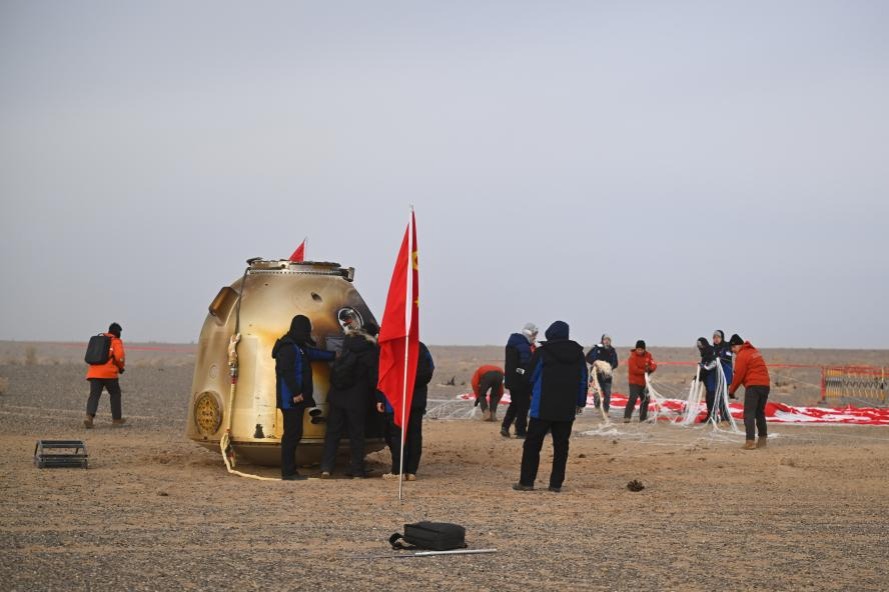Wartime museum serves as grim reminder of atrocities


Exchanges
In addition to direct communication with ordinary visitors, Ouyang's museum uses an international platform to promote communication and exchanges, she said, referring to the International World War II Museum Association.
Under arrangements made by the association, which was initiated in 2015 by the Chinese museum and the Museum of the Great Patriotic War in Moscow, sister museums are encouraged to exchange replicas of their exhibits and to host exhibitions at each other's premises.
Moreover, employees from the association's member museums can take part in exchange programs that usually last several months.
Ouyang said the exchange arrangements have allowed a number of employees of foreign museums to work at the museum in Beijing.
"They came here and stayed with us for three to four months. They became involved in many aspects of the museum, such as historical research and organizing exhibitions or symposiums," she said.
"They seemed to have three roles during their stays here: student, researcher and staff member."
She added that the exchange programs have proved beneficial to both the participants and their hosts.
"When their exchange program ended, we asked them for their thoughts," she recalled.
"A common response was that the programs allowed them to gain deeper, more comprehensive knowledge about the history of the Chinese people's resistance against the Japanese invaders."
The visitors said they knew little about China's role during World War II. However, after spending several months at the museum, they became more familiar with the history, and could name key figures and events on Chinese battlefields.
In addition, they could take that knowledge back to their home countries to enlighten more people, according to Ouyang.
"The foreign staff members said they appreciated China's efforts to memorialize and commemorate the war via our vast museum system. They said the exchange programs had allowed them to gain a better understanding that China's diplomatic policies are aimed at pursuing and safeguarding world peace and development," she said.
Ouyang said she and her colleagues have also gained a deeper understanding of the things their foreign peers' countries endured during WWII, as well as many other aspects of the global resistance to fascism.
"In the past, inadequate communication meant we might have had poor knowledge about or misunderstanding of their histories, politics or customs. Now, we have the chance to learn from each other and understand the differences between us," she said.
"Working and talking with the exchange employees also helps our work because we can see and understand their strongest suits in museum management and operation."























